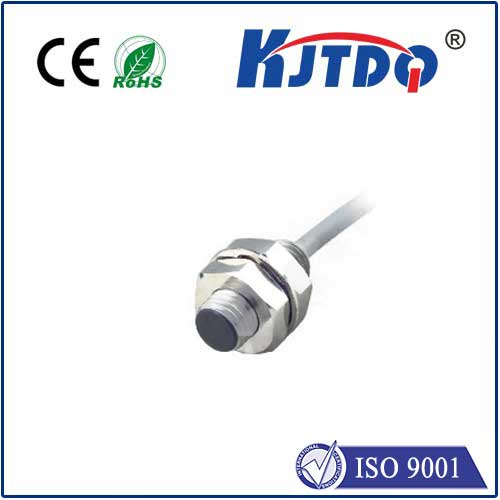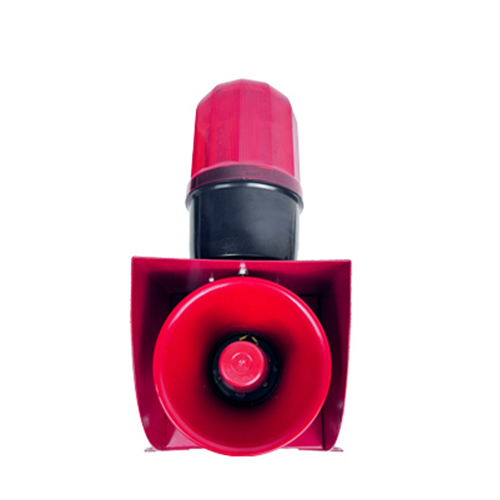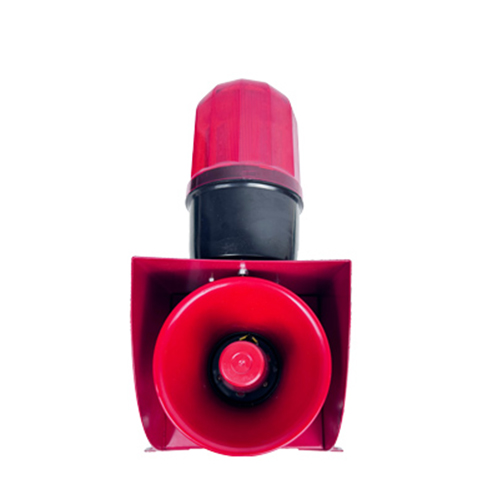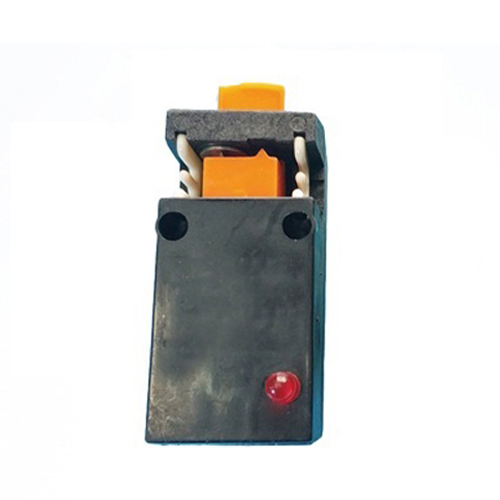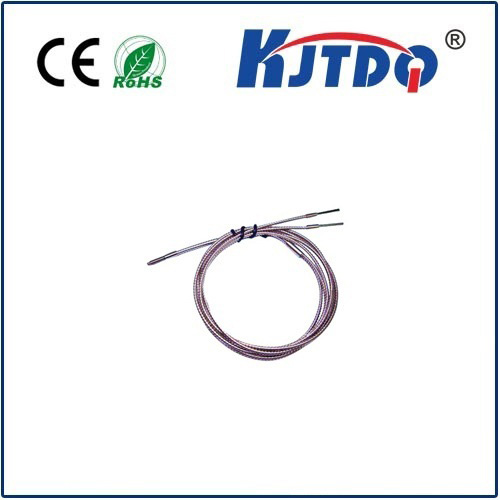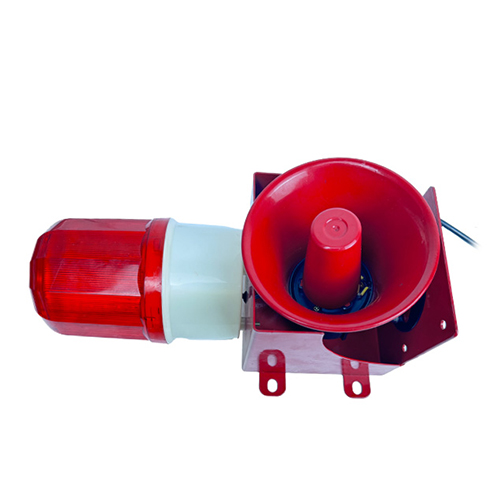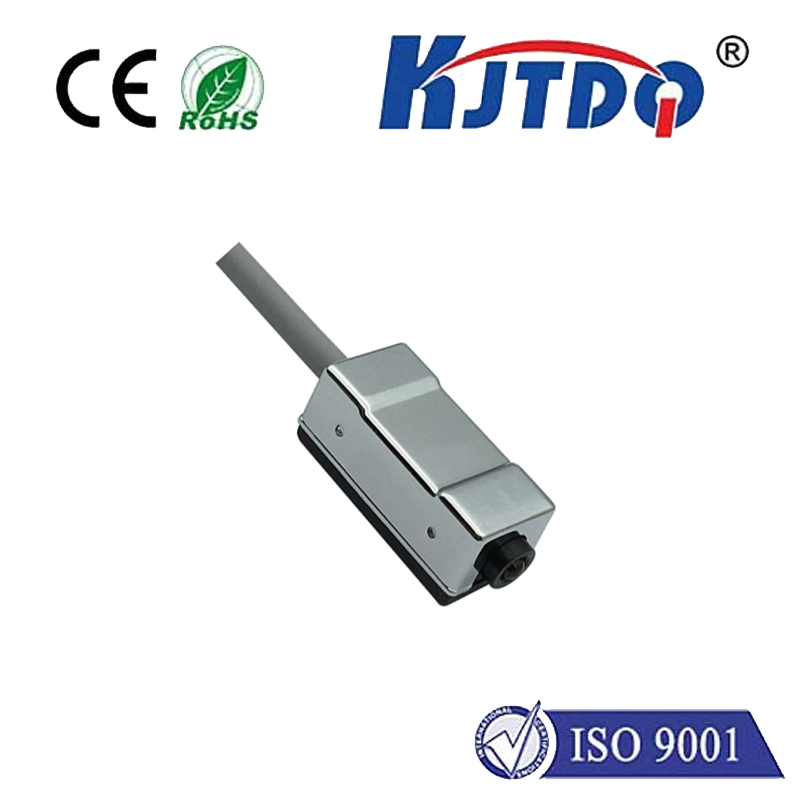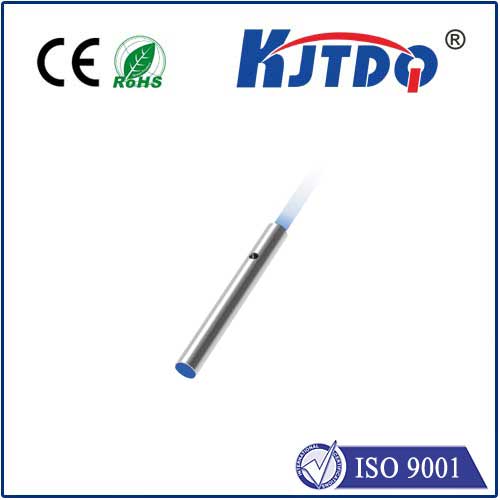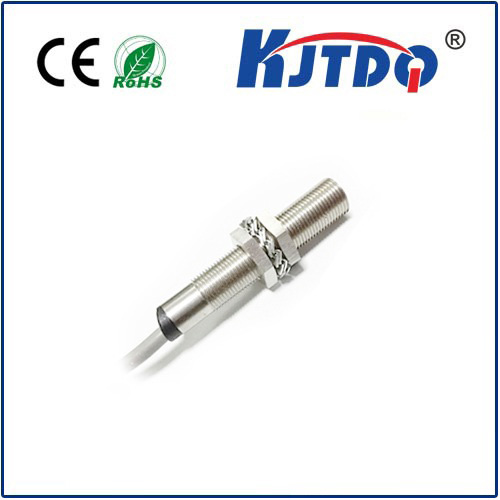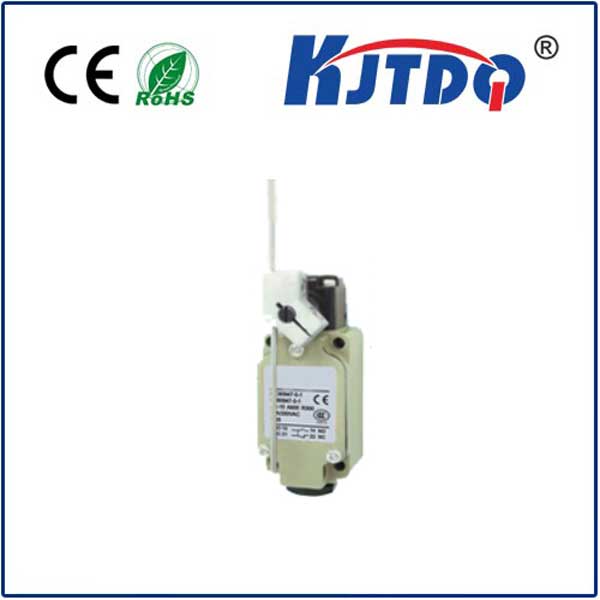

check

check

check

check

check

check

check

check

check

check
Exploring the Benefits of Silo Laser Level Sensors in Industrial Measurement
In today's industrial landscape, precise measurement and monitoring of various processes are crucial for ensuring efficiency, productivity, and safety. To achieve these objectives, many industries have turned to innovative technologies such as silo laser level sensors. These advanced devices offer numerous advantages over traditional level measurement techniques, making them an essential tool for modern industrial operations.
One of the primary benefits of silo laser level sensors is their exceptional accuracy. Unlike conventional methods that rely on manual inspection or simple mechanical devices, laser level sensors provide real-time data with high precision. This enables operators to make informed decisions about inventory levels, production schedules, and equipment maintenance, leading to improved operational efficiency and reduced downtime.

Another significant advantage of silo laser level sensors is their non-invasive nature. These sensors use a beam of light to detect changes in the height or volume of materials stored in silos or tanks without physically touching the substance. This eliminates the risk of contamination or damage to the product, which is particularly important in industries dealing with food, pharmaceuticals, or hazardous materials.
Additionally, silo laser level sensors offer enhanced safety features compared to other measurement techniques. The installation of these sensors typically requires minimal intervention in existing infrastructure, reducing the need for personnel to enter potentially dangerous areas. Furthermore, since the sensors do not require direct contact with the material being measured, there is no risk of injury from moving parts or spills.
Silo laser level sensors also contribute to increased productivity by providing continuous monitoring of inventory levels. This allows businesses to optimize their supply chain management by accurately tracking raw materials and finished products, reducing waste and improving overall efficiency. Moreover, these sensors can be integrated into automated systems, further streamlining operations and freeing up personnel for other critical tasks.
In terms of ease of maintenance, silo laser level sensors generally require less frequent servicing than alternative solutions. The absence of moving parts reduces wear and tear, extending the lifespan of the sensors and minimizing maintenance costs. Additionally, most models feature self-diagnostic capabilities, enabling rapid identification and resolution of any issues that may arise.
The versatility of silo laser level sensors is another key benefit. These devices can be used across various industries and applications, from measuring grain in agricultural settings to monitoring liquids in chemical processing plants. Their compatibility with different types of materials and environments makes them a flexible solution for diverse measurement needs.
Finally, silo laser level sensors often come with user-friendly interfaces and software packages that simplify data collection and analysis. This accessibility enables operators at all levels to understand and act upon the information provided by the sensors, fostering a culture of data-driven decision-making within organizations.
In conclusion, silo laser level sensors offer numerous benefits that make them an invaluable tool for modern industrial operations. From improved accuracy and safety to enhanced productivity and ease of maintenance, these advanced devices provide unparalleled advantages over traditional level measurement techniques. As industries continue to embrace innovation and automation, silo laser level sensors are poised to play a central role in driving efficiency and excellence in industrial measurement.
